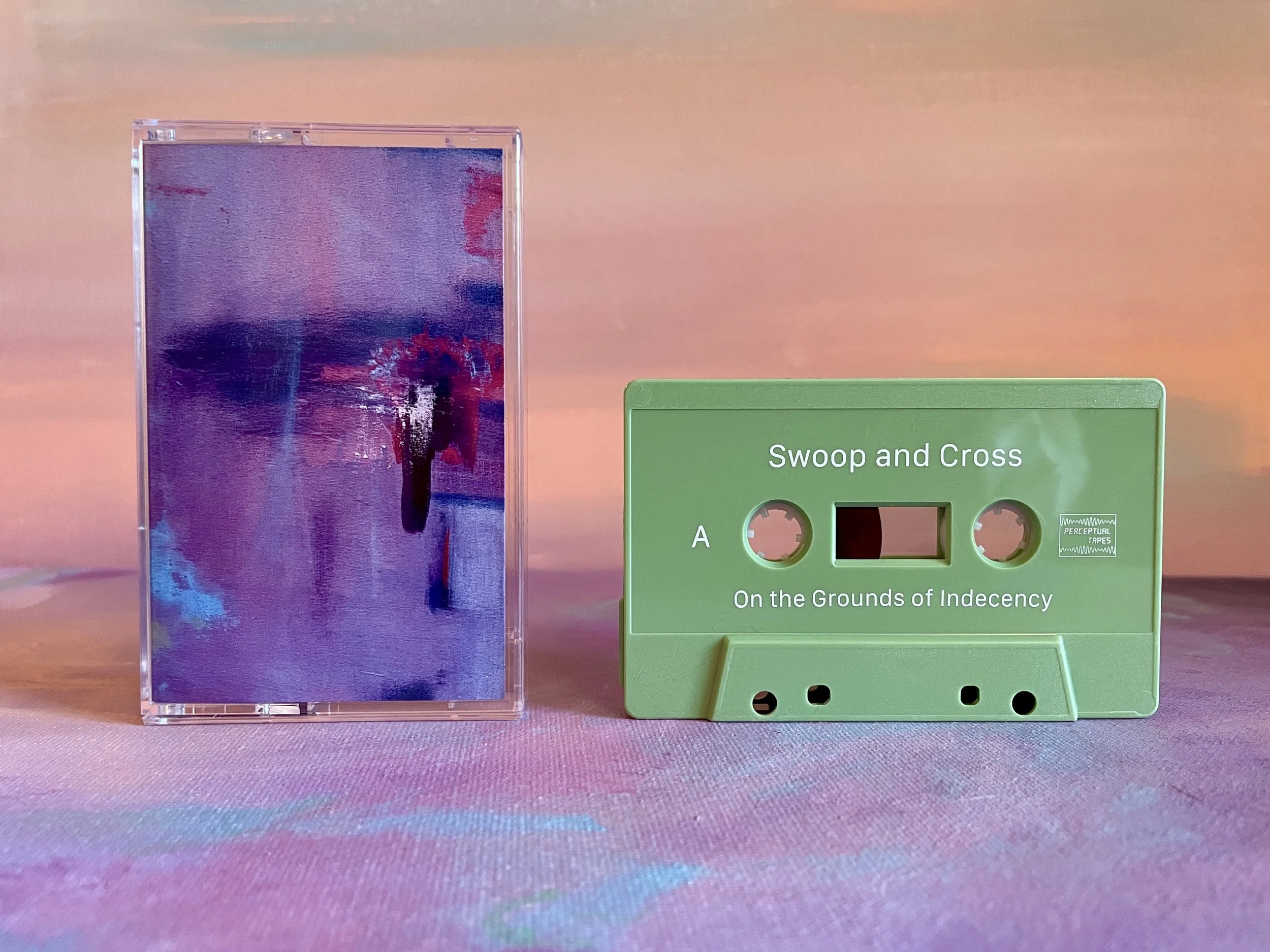Swoop and Cross - On the Grounds of Indecency
PER014
11 October 2025
Limited edition cassette / digital
'On the Grounds of Indecency' is the new album by Copenhagen-based Portuguese artist Swoop and Cross (Ruben do Vale). Merging neoclassical, ambient and drone textures, Ruben crafts intimate and emotional soundscapes blending piano, field recordings, virtual instruments, electronics and effects.
The album is inspired by Kazuo Ishiguro’s Never Let Me Go – a book that unsettled Ruben to his core and led him to revisit, reframe, and reimagine his own past. The record unfolds as a deeply personal meditation on memory and fragility, moving from delicate piano performances to dense, layered soundscapes, soaked in reverb and dirtied by tape grit and warble.
The pieces evolve patiently, exploring the fragile lines between beauty and unease, consonance and dissonance, inviting the listener to reflect and linger.
CREDITS
Music by Ruben do Vale
Mastered by Taylor Deupree
Artwork by Elise Wilson
© 2025 Ruben do Vale & Perceptual Tapes
REVIEWS
Copenhagen-based Portuguese artist Ruben do Vale, aka Swoop and Cross; delivers a quietly monumental statement with his third album, On the Grounds of Indecency. Merging neoclassical piano, ambient haze, drone, and field recordings, Ruben crafts a body of work that sits at the edge of memory and fiction, a place where fragility and resonance converge.
Inspired by Kazuo Ishiguro’s Never Let Me Go, the album unspools like a meditation on memory, mortality, and emotional displacement. Just as Ishiguro’s prose unsettles with its quiet restraint, Ruben channels that unease into resonant piano lines that drift into fog, slowly enveloped by layers of tape grit, reverb, and processed electronics. The music never forces itself, it lingers, stretches, and dissolves, allowing silence and texture to become as important as melody.
Listening to On the Grounds of Indecency feels like stepping into an environment rather than following a narrative. The tracks unfold patiently, resisting climaxes or familiar structures. Moments of consonant beauty are immediately tempered by distortion or dissonant smear. Field recordings, a murmur of voices, a creak of a door, the hum of a room; slip in like memory fragments, only to be blurred back into the background. Piano remains the anchor, yet even it feels vulnerable, like it could vanish at any moment.
One of the most striking aspects of this record is how alive it feels in space. While many ambient or neoclassical works thrive in the intimacy of headphones, I found this album resonated far more profoundly through my home stereo at a decent volume. Heard in the air of a room, the sound breathes; it flickers and dances like fireflies in the early evening of summer, fragile but luminous, each note briefly alight before fading back into darkness. The music’s interplay of texture and silence comes alive when allowed to spill outward, filling space rather than being confined.
Perhaps Ruben’s background in medicine and neuroscience infuses the work with a distinct attentiveness to perception and the fragility of experience. Literature, too, remains central to his practice—Virginia Woolf, László Krasznahorkai, Gonçalo M. Tavares. Each informs his ability to craft works that are as much intellectual inquiries as they are emotional meditations. On the Grounds of Indecency is less an album than a liminal zone, a place where sound functions as memory’s surrogate, guiding listeners toward reflection rather than resolution.
Compared to his earlier works (Stories of Disintegration and Les Fauves), this album feels darker, heavier with reverb, and more willing to embrace ambiguity. It leans into the interplay between consonance and unease, allowing moments of clarity to emerge only to blur again; an emotional landscape that rewards deep, repeated listening.
In the broader ambient/neoclassical field, On the Grounds of Indecency stands out not for bombast or technical showmanship, but for its restraint. It’s an album that asks the listener to slow down, to linger, and to confront the transient nature of beauty and memory. In doing so, it offers something rare: music that feels fragile yet enduring, unsettling yet luminous.
Swoop and Cross has created a work that breathes, flickers, and waits. It is music as memory, as absence, as presence: fireflies dancing in the dusk, gone before you realize they were ever there.
Don Haugen


